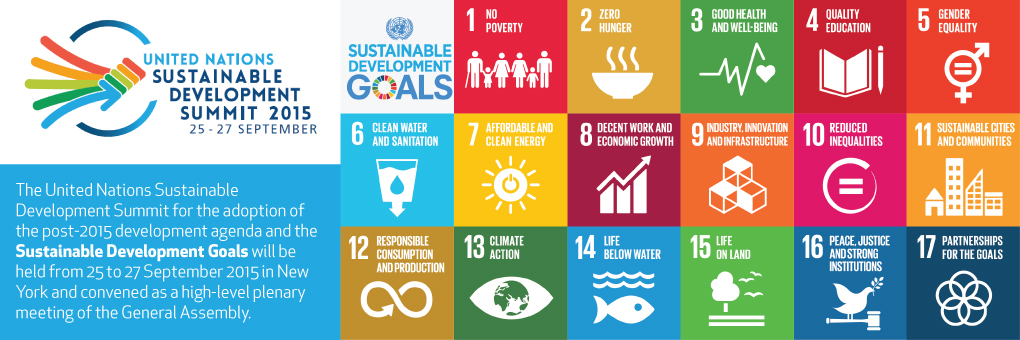| We offer you Opinion Paper about evolution of the foreign aid concept in the World since United Nations spending target of 0.7% of gross national income for rich countries. |
McLeod Group Blog by Ian Smillie (July 22, 2016)
Buried deep in the government’s discussion paper on its foreign aid review is a tiny comment about aid volumes. It is a warning that whatever you might want to tell the government about aid, don’t bother talking about numbers. The UN spending target of 0.7% of gross national income for rich countries is called ‘unrealistic… in the current fiscal context.’
This is almost verbatim what every Canadian government has said about the target since it was established in 1969. Worse, there is no sense at all of what might actually be realistic in the current fiscal context, or any other—there are no numbers and no spending plan to go along with all of the neat ideas about health, clean economic growth, children, women, inclusive and accountable governance, human rights and humanitarian emergencies.
It is worth considering, given the inability of any Canadian government to come even close to 0.7%, where this ‘unrealistic’ target came from in the first place, and whether it actually makes any sense.
Economist Barbara Ward may have been the first to propose a target of this sort. Hers was one percent of the national income of rich countries. In her 1962 book The Rich Nations and the Poor Nations, she said that ‘the scale of aid must be adequate. Patchy development, a little here, a little there, does not lead to sustained growth.’
In his ground-breaking 1969 study for the World Bank, Partners in Development, Lester Pearson devised the 0.7% target, saying that each aid-giving country should reach the target ‘by 1975 or shortly thereafter, but in no case later than 1980.’ A few donor countries have met and exceeded the target: the Nordics, Netherlands, Luxembourg, and Britain. The rest have not. Canada has never come close and currently we stand at about 40% of the target; a failing grade in most schools.
Addis Ababa ministerial meeting
When aid ministers and their officials gathered in Addis Ababa in July 2015 to discuss how the three trillion dollar sustainable development targets were going to be financed, most—including the Canadian team—talked about remittances, foreign direct investment, ‘blended financing’ ‘innovation,’ ‘doing more with less’ and just about everything but their own role and responsibilities in funding the development that they so earnestly endorse.
Barbara Ward might have been speaking to them when she wrote, ‘If we continue with what is surely our greatest Western temptation, and think… that we can, by pursuing our own parochial self-interest, achieve in some miraculous way a consummation of world order, then we are heading not simply towards great disappointments, but towards disaster and tragedy as well.’
The disaster and tragedy that she predicted have played out time and again across poor countries and among poor people of not-so-poor countries. They can be seen today in broken nations like South Sudan and Somalia, in the refugee camps of Kenya, Tanzania and throughout the Middle East, in the mass migration across the Aegean and the Mediterranean, in the chaos perpetrated by al-Shabaab, Boko Haram, Al-Qaeda in the Islamic Maghreb and dozens of other festering cancers.
Properly conceived and delivered, foreign aid is not charity; it is not a slush fund for commercial and political interests. If they want to avoid even greater disaster and tragedy, Western countries have to become much more serious about making aid work as a tool for ending poverty. And Canada cannot say, decade after decade, that spending targets met by our friends and allies are for us, ‘unrealistic… in the current fiscal context.’ The Trudeau government and Canada can surely do a lot better than this.
———————
Related Posts
MANAGING CANADIAN AID: THE CASE FOR DECENTRALIZATION
OPAQUE TRANSPARENCY IN CANADA’S FOREIGN AID
Policy Coherence for Development: Putting it into Practice
*****
Vous aimez cet article!
Faites une DONATION à notre rédaction par un clic au bas de la colonne de droite de cette page... MERCI!
